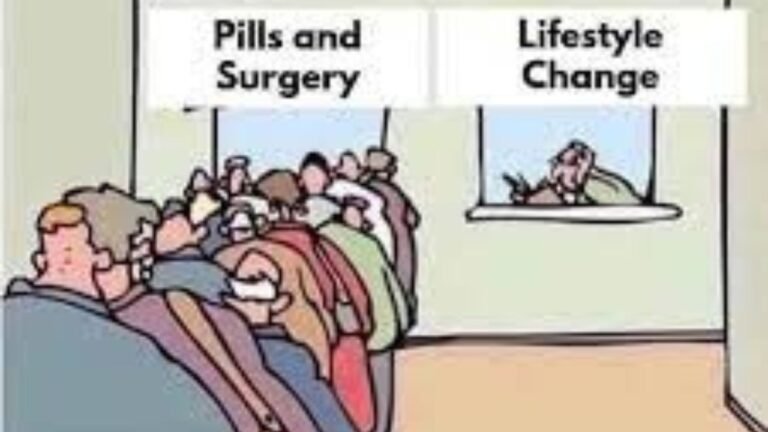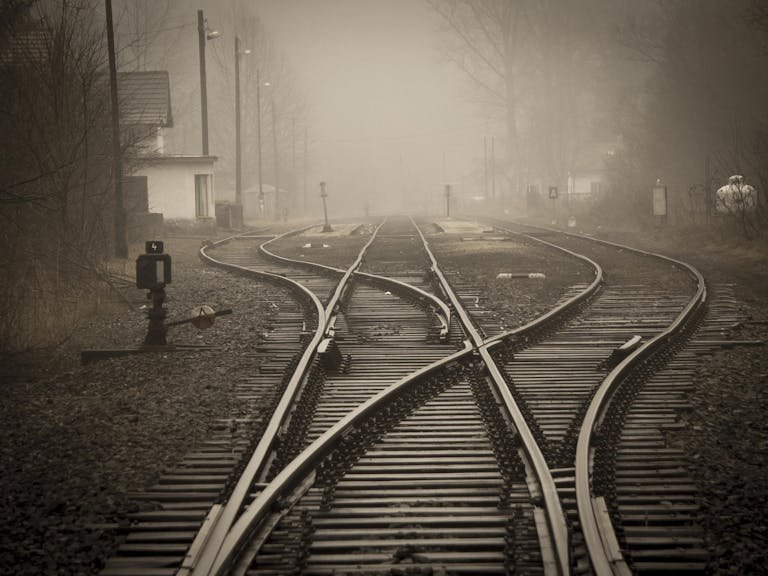Hope is a powerful, often underestimated force that can propel us forward even when everything else seems to be falling apart. It's the beacon that guides us through the storm, the light at the end of a long, dark tunnel. But what exactly is hope?
What Hope Means
At its core, hope is an optimistic state of mind based on an expectation of positive outcomes. It is a feeling of trust and a belief that things will get better, even when evidence may suggest otherwise. Hope is not just a passive wish for things to improve; it is an active engagement with the possibility of a better future. It fuels our resilience, our ability to adapt, and our motivation to strive for better.
The Experience of Hopelessness
There are times in our lives when hope seems distant, almost unreachable. We feel trapped in a bubble created by our environment, be it work, relationships, or our own inner dialogue. This bubble is shaped by the stories we tell ourselves: "I can't," "I won't," "It's impossible." For example, in a demanding job, we might think, "I can't handle this workload," or "I'll never meet these expectations." In relationships, we might feel, "I won't ever find someone who understands me," or "It's impossible to fix what's broken between us." When we're in this state, our perspective narrows, and we become unable to see beyond our current struggles.
Our environment significantly impacts our sense of hope. In demanding work settings, constant stress, and high expectations can drain our energy and enthusiasm, leaving us feeling depleted and hopeless. In relationships, negative dynamics can erode our confidence and sense of self-worth. Even our inner conversation plays a crucial role; when we repeatedly tell ourselves that we are not capable or deserving, we reinforce a cycle of hopelessness.
A Personal Story of Hope
Reflecting on the words of a dear client, Lisa, I am reminded of the transformative power of hope. Initially resistant to accepting help, she eventually found the courage to embrace it. This small act of openness led to significant changes in her life. She discovered pieces of herself she thought were lost forever and rekindled a sense of purpose and direction. Every piece of advice and support she received became a stepping stone towards a brighter future.
Breaking Free: The Role of Hope
Breaking free from this bubble requires a conscious effort to nurture hope. Here are a few steps to rekindle hope when it seems lost:
- Challenge Negative Thoughts: Identify and challenge the negative stories you tell yourself. Replace "I can't" with "I can try" and "It's impossible" with "It's challenging but doable" or "Is it challenging or new to me?".
- Acknowledge Your Feelings: Accept that feeling hopeless is a valid emotion. Acknowledging it is the first step toward change.
- Seek Support: Connect with friends, family, or a coach who can provide a fresh perspective.
- Set Small Goals: Start with achievable goals to create a sense of accomplishment and progress. Each small victory can rebuild confidence and hope.
Conclusion
Hope is not a luxury; it is a necessity. It is the foundation upon which we build our dreams and aspirations. In times of despair, when the bubble of hopelessness surrounds us, it is hope that bursts through, reminding us of our potential and the possibility of a better tomorrow. Embrace hope, nurture it, and let it guide you through challenging times. Remember, the light at the end of the tunnel is not a mere illusion; it is a promise of what lies ahead.






